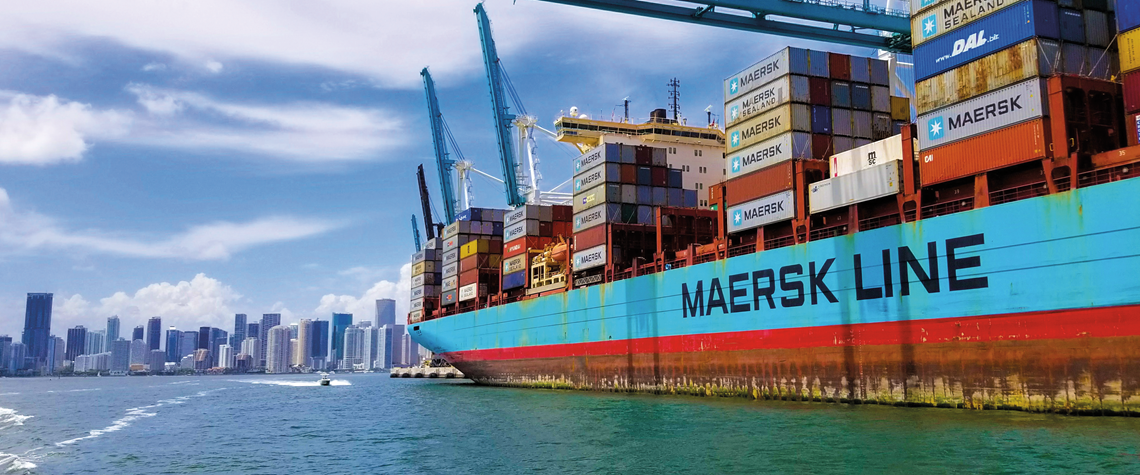Oil’s days as shipping fuel are numbered
Forget the sulphur cap—shipping industry’s biggest disruption will come from carbon rules
In December, the world's largest shipping company, Maersk, announced that it would transform its entire business to reach zero carbon emissions by 2050. This goal goes beyond the landmark agreement of governments at the International Maritime Organisation (IMO) in April 2018 to "at least halve" the shipping sector's greenhouse gas emissions by 2050. As Maersk acknowledges, reaching zero emissions requires fundamental changes in how ships are powered, ending the combustion of bunker fuel. However, we have yet to hear from bunker companies on whether they plan to adapt and accompany their biggest customer on this energy transition, or just go out of business. How long have they got? Because co

Also in this section
4 March 2026
The continent’s inventories were already depleted before conflict erupted in the Middle East, causing prices to spike ahead of the crucial summer refilling season
4 March 2026
The US president has repeatedly promised to lower gasoline prices, but this ambition conflicts with his parallel aim to increase drilling and could be upended by his war against Iran
4 March 2026
With the Strait of Hormuz effectively closed following US-Israel strikes and Iran’s retaliatory escalation, Fujairah has become the region’s critical pressure release valve—and is now under serious threat
3 March 2026
The killing of Iran’s Supreme Leader Ayatollah Khamenei in US–Israeli strikes marks the most serious escalation in the region in decades and a bigger potential threat to the oil market than the start of the Russia-Ukraine crisis







